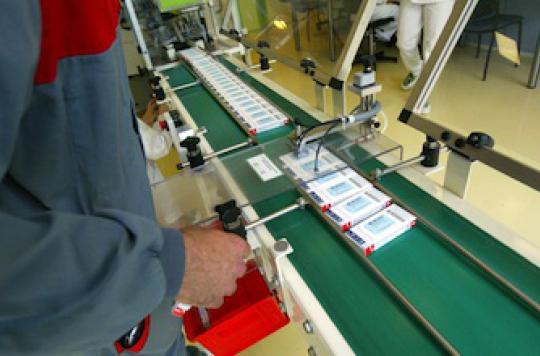
The generic market grew by 11% in 2012 and today they represent 16% of the reimbursable drug market. “Strongly rising figures, notes Gemme, a structure that overflows with manufacturers, after 2011 which had been marked by a decline in sales”. For the association, this shift was linked to “withdrawals from the market of highly generic molecules” but also to a reluctance of certain patients to accept these drugs.
Based on this observation, health insurance toughened its tone in 2012 by imposing the third-party payment agreement against generics. This provides that a customer, who refuses a generic drug instead of the originator, must advance the costs. This financial penalty was quickly felt in consumption patterns. In December 2012, the substitution rate reached 79%, 12 points more than in the spring.
In the second half of the year, health insurance would have pocketed 200 million euros with this device alone. Moreover, according to Gemme, savings related to generics would amount to 2.4 billion euros in 2012 and more than 13 billion since 2000. The security can even expect in 2013 a bonus of 150 million euros with the price cuts imposed by the State on these drugs.
.















